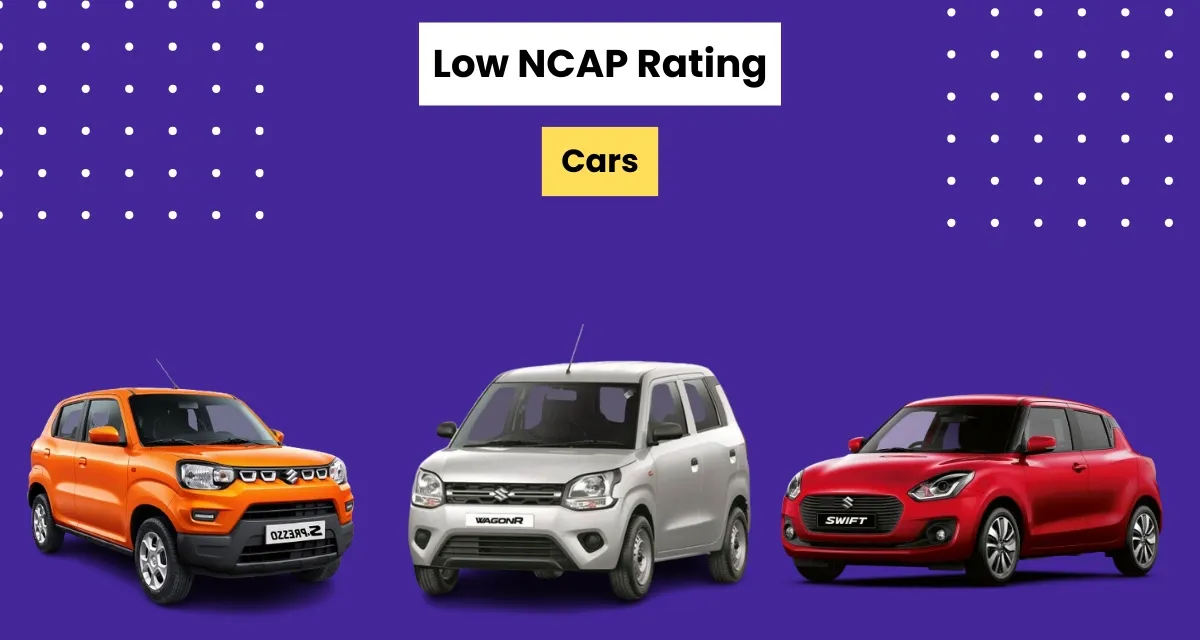

What are the factors we specifically look into when we decide to buy a car, especially in India? Budget? Model? Exterior? But do we examine the car's safety features and ratings as carefully as we do other considerations? As long as the price of the car is within their means, people compromise on the models and services.
As a result, automakers pass high international testing yet fall short of local safety regulations, such as those about airbags. Therefore let’s read further about Global Safety tests, Bharat NCAP, and which Indian cars have poor safety ratings so that next time you make the right purchase.
The Global New Car Assessment Programme (G-NCAP) assesses a car's crashworthiness using a series of crash tests that are calibrated according to certain critical factors. In India, the Global NCAP has been testing the frontal crash performance of passenger cars since 2014, and they have tested 50 cars till February 2022.
Also Read: Indian Car Market to heat up in April: 4 cars Ready to launch
Global car safety parameters are based on a number of elements, including offset frontal impact, side impact, and pole side impact.
Then there comes Bharat NCAP, The Ministry of Road, Transport, and Highways adopted the Bharat NCAP last year. Its test conditions are the same as those of the Global, Latin, and ASEAN NCAPs: 64 kmph for offset frontal collision, 50 kmph for side impact, and 29 kmph for pole side impact.
On the other hand The Euro NCAP, however, sets its frontal, side, and pole side impacts at 50 kmph, 60 kmph, and 32 kmph respectively.
One of the most popular vehicles in India, the Maruti Wagon R which not only has the best mileage but is economically efficient as well, received a one-star safety rating despite its terrible performance. While the child protection tests yielded a zero.
In 2022, three Maruti Suzuki vehicles received low evaluations. The Swift hatchback has a one-star safety rating with both the adult and child protection categories awarding the model a single star.
When Maruti S-Presso was subjected to a global NCAP crash test in 2022, it scored quite well for frontal impacts to the driver's and passenger's heads and necks, while the driver's chest received inadequate protection and the passenger's chest received moderate protection.
The French automaker Renualt's entry-level hatchback failed the Global NCAP test. It received merely one star in testing for adult and child protection.
Recently, Citroen eC3 was the latest Indian car model that fell short of the global NCAP (New Car Assessment Programme) safety test. Citroen eC3 is an electric car, based on the popular Citroen C3 hatchback, launched in India in 2023. It only got zero stars for adult protection with 20.86 points out of 34.
Also Read: 1. Volvo's Will No Longer Manufacture Deisel Cars; Launches its Last Diesel Car 2. Streamer IShowSpeed buys A Lamborghini Huracan With a Special Cristiano Ronaldo Livery 3. Here’s why you should consider buying a car this April.